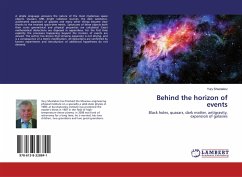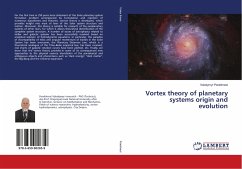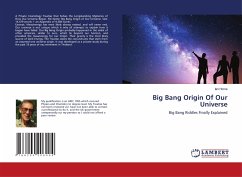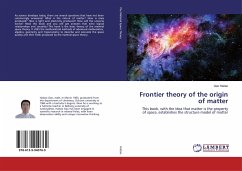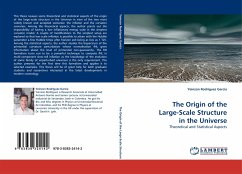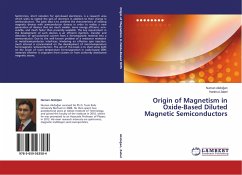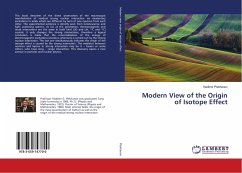One hundred years ago, Albert Einstein came up with a new theory of gravitation. Later he added to his field equations the cosmological constant which is accountable for the accelerated expansion of the universe. Thus a natural question arises concerning what is the energy source for this expansion. This monograph is about the novel concept of antigravity and antigravitational forces. We present various observational arguments showing the expansion on small cosmological scales. In particular, the Solar system and single galaxies expand at a rate comparable to the Hubble constant. The novelty of our ideas is that traditionally the expansion of the universe according to Edwin Hubble has been assumed to take place only between galaxies. The boldness of our approach is that it points to a weak violation of the law of conservation of energy. We claim that any system of free bodies that interact gravitationally with delays expands on average. We suggest that this is due to gravitational aberration effects resulting from a finite speed of gravity. Our book should be especially useful for scientists who look for the origin of dark matter and dark energy.
Hinweis: Dieser Artikel kann nur an eine deutsche Lieferadresse ausgeliefert werden.
Hinweis: Dieser Artikel kann nur an eine deutsche Lieferadresse ausgeliefert werden.


